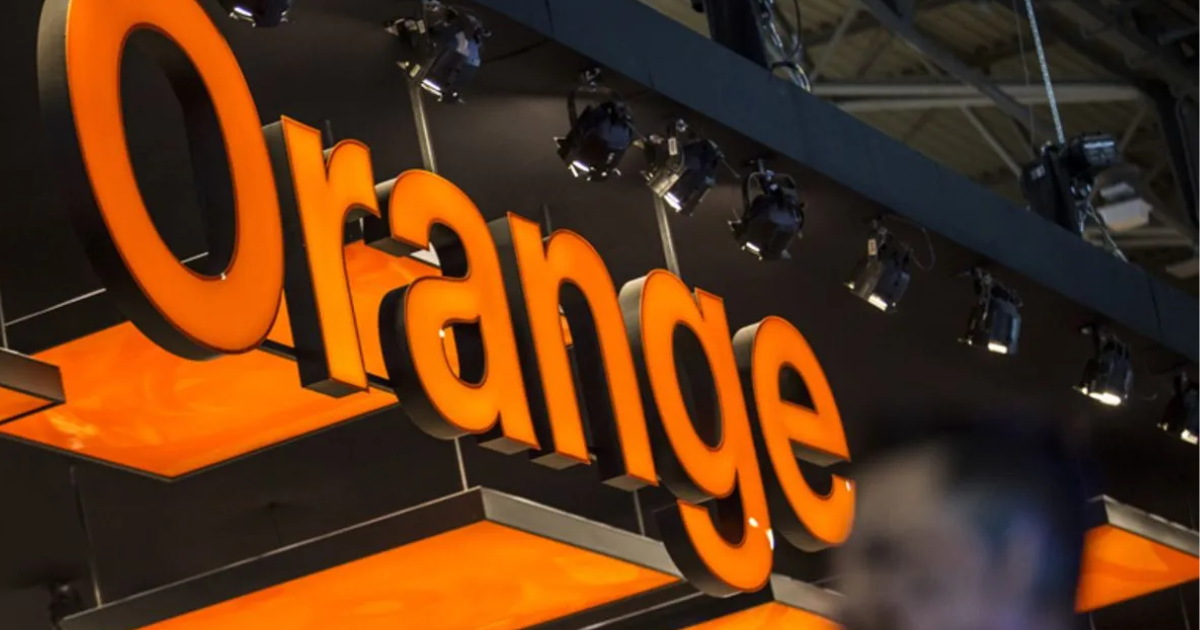African Telecom Giant, Orange, Takes Orange Digital Centre to DR Congo

Orange, a leading telecom operator, has launched the 15th Orange Digital Centre (ODC) in Kinshasa, the Democratic Republic of the Congo (DRC). The ODC as an ecosystem dedicated to developing digital skills and innovation, offers free and accessible programs to the public, including a coding school, digital manufacturing workshops, an Orange Fab startup accelerator, and Orange Ventures, the Orange Group’s investment fund. The center has a floor area of 590 square meters and aims to promote local digital ecosystems, creative entrepreneurship, and young people’s employability.
Moreover, Orange Digital Centers operate as a network, enabling African and Middle Eastern nations to exchange experiences and expertise, providing an inclusive approach to digital training and supporting the growth of the local digital economy. Since its launch, the DRC Orange Digital Centre has already hosted digital training and activities for more than 1,700 learners. Additionally, Orange DRC plans to establish Orange Digital Centre Clubs, which will act as extensions of the center within selected institutions in the regions in partnership with universities. The objective of this initiative is to democratize access to digital technology and increase people’s access to new technologies, including students in remote areas such as Kananga, Lubumbashi, and Matadi.
Jerome Henique, CEO of Orange Middle East and Africa, expressed his excitement over the launch of the 15th Orange Digital Centre, emphasizing that the aim of the centers is to democratize access to digital technology for young people with or without qualifications, encouraging them to become digital entrepreneurs, create local content, and develop the digital economy of their countries.
The DRC Orange Digital Center to Promote Youth Employability

The DRC Orange Digital Centre’s launch is part of Orange’s commitment to fostering youth employability, supporting long-term prosperity, and the country’s digital transformation plan, which aims to promote gender equality and inclusion by increasing access to ICT employment for women and girls. Orange is focused on achieving the following sustainable development goals in line with the vision of the head of state, His Excellency Felix Antoine Tshisekedi Tshilombo, as expressed in the National Digital Plan in project 22 “creation of technology centers, cyber labs, telecentres, and other media libraries… for the digital economy,” and focuses on the following sustainable development goals in line with the United Nations 2030 Agenda for Sustainable Development: Quality education (SDG 4), gender equality (SDG 5), decent employment and economic growth (SDG 8), industry, innovation, and infrastructure (SDG 9), decreased disparities (SDG 10), and partnerships for objectives (SDG 17).
Elizabeth Tchoungui, Executive Director in charge of Corporate Social Responsibility at Orange Group, stated that the Orange Digital Centre is a crucial step towards digital inclusion, especially for young people and women. She emphasized the importance of the solidarity Fablab program, which is an essential building block for digital inclusion and enables beneficiaries without access to digital tools to reconnect with the professional world.
Ben Cheick Haidara, CEO of Orange DRC, emphasized Orange DRC’s commitment to digital inclusion, saying, “As a partner in digital transformation, we are taking a leading role in the socio-economic development of the country by setting up innovative ecosystems and specific mechanisms to develop entrepreneurship.” With the establishment of the Orange Digital Centre Clubs in universities in the regions of Kananga, Lubumbashi, and Matadi, Orange DRC aims to provide all essential skills to the greatest number of people, help them gain access to new technologies and use them fully.
This latest launch of the 15th Orange Digital Centre in the DRC, which follows in the footsteps of Tunisia, Senegal, Ethiopia, Mali, Cote d’Ivoire, Cameroon, Egypt, Jordan, Madagascar, Morocco, Liberia, Botswana, Guinea, and Sierra Leone is a significant step towards promoting digital skills and innovation in the African continent, providing a unique opportunity for young people and women to acquire digital skills, develop their businesses, and contribute to their countries’ digital transformation.
